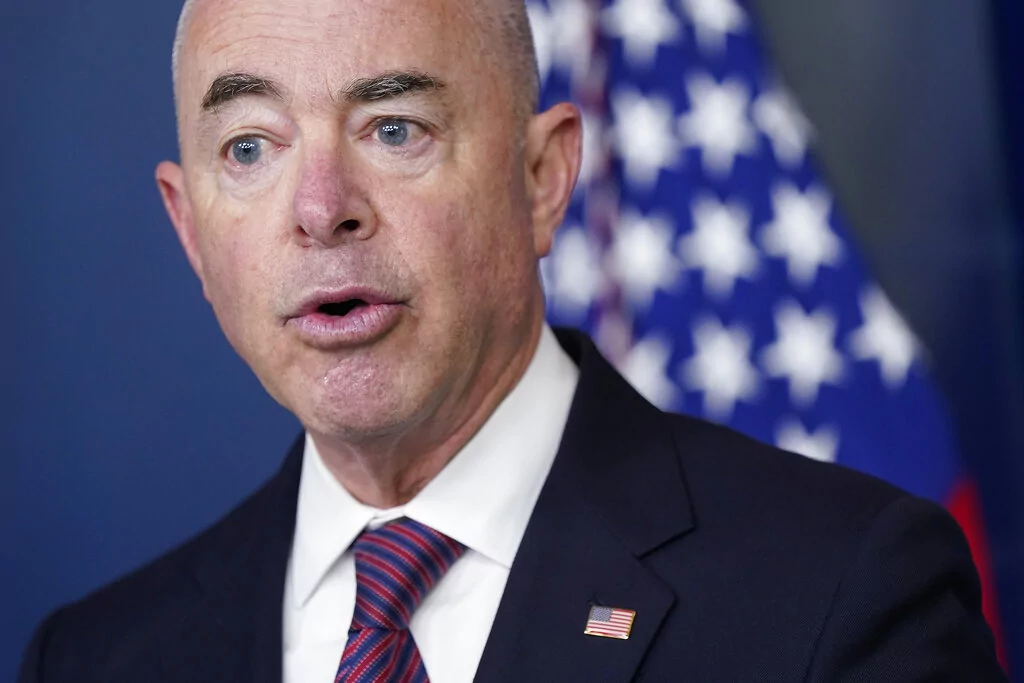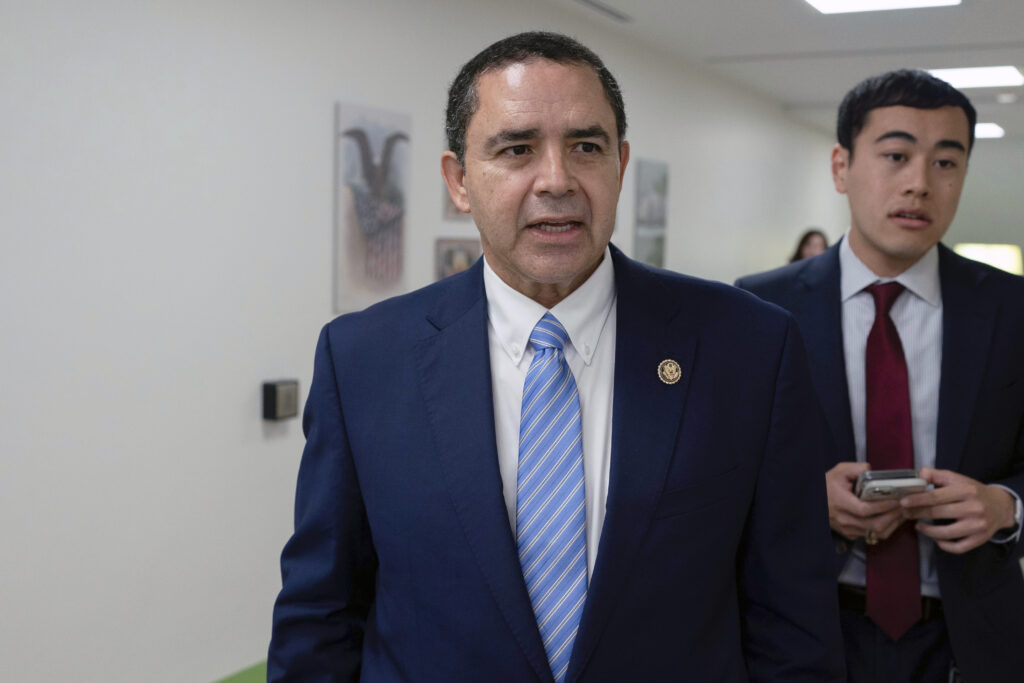
In a year that no one will soon forget, there were several historic moments in the House of Representatives in 2024 to cap off a somewhat chaotic two years under Republican leadership.
There was no shortage of headline-grabbing interactions among lawmakers in the 118th Congress, and members have also dealt with unprecedented moments on the presidential campaign trail that led to historic firsts in terms of legislation and investigations.
MEET THE NEW CONGRESS: THE HOUSE AND SENATE FRESHMEN ELECTED TO SERVE NEXT YEAR
But aside from the history-making moments, the House also notched one of its least productive years in recent memory — setting the stage for Republicans to hit the ground running when they control both chambers of Congress and the White House next year.
Here’s a breakdown of some of the biggest and, in some cases, lowest moments from this year.

1. Gaetz resigns from Congress amid ethics scandal
One of the biggest stories out of Congress this year came when former Rep. Matt Gaetz announced on Nov. 16 that he would resign from the House and would not be sworn in next year.
His resignation came just hours after President-elect Donald Trump tapped Gaetz to serve as his attorney general, a shock announcement for lawmakers on both sides of the aisle. However, the timing raised eyebrows as it came just days before the House Ethics Committee had planned to vote on whether to release a “highly damaging” report about him.
Since April 2021, the House Ethics Committee has been investigating allegations the Florida lawmaker may have “engaged in sexual misconduct and illicit drug use, accepted improper gifts, dispensed special privileges and favors to individuals with whom he had a personal relationship, and sought to obstruct government investigations of his conduct.”
Gaetz dropped his attorney general bid a week later, and he has since announced he will be launching a show on One America News Network next year. However, his resignation did not shield him from the report’s release, as the committee voted quietly to release its findings.

2. House to welcome its first transgender member of Congress … and bathrooms get rules
The House is set to welcome its first transgender member of Congress after Rep.-elect Sarah McBride (D-DE) won the race to fill Delaware’s sole House seat in November.
Although McBride has not yet been sworn in, her victory has already set off a firestorm of debate on who can use which bathrooms on Capitol Hill. Shortly after the November elections, Rep. Nancy Mace (R-SC) introduced a bill banning transgender people from using single-sex bathroom facilities — a targeted attack against her newest colleague.
Speaker Mike Johnson (R-LA) later responded to the controversy by establishing a House policy banning transgender people from using restrooms that do not align with their sex assigned at birth. Johnson told reporters that has always been the “unofficial policy” but has now been put in writing for clarity.
“Let me be unequivocally clear: A man is a man, and a woman is a woman, and a man cannot become a woman,” Johnson told reporters last month. “That said, I also believe that’s what Scripture teaches, what I just said, but I also believe that we treat everybody with dignity … and I believe all those things at the same time, and I wanted to make that clear for everybody because there’s lots of questions, but that’s where I stand.”
It remains unclear what punishments could ensue if someone is found in violation of the policy. However, in the past, leadership has resorted to fining members, such as former House Speaker Nancy Pelosi (D-CA), setting up $5,000 fines for first offenses and $10,000 for second offenses for members who refused to walk through metal detectors after the Jan. 6, 2021, attack on the Capitol.
McBride, while emphasizing she disagrees with the policy, said she would comply with Johnson’s rule.

3. House releases long-awaited report on Hunter Biden
The House released its highly anticipated investigation on Hunter Biden over the summer, a lengthy report that largely fell upon deaf ears as it was published after President Joe Biden had already dropped out of the presidential race.
The House Oversight and Judiciary committees spent two years investigating the Biden family in an attempt to impeach Joe Biden. The report was released on Aug. 19 with little fanfare after lawmakers failed to uncover definitive evidence tying Joe Biden to criminal activity or any misconduct that constitutes a high crime or misdemeanor.
Although that investigation ended without much consequence, House Republicans have left the door open on whether they’d continue looking into the Biden family. House Oversight Committee Chairman James Comer (R-KY) told the Washington Examiner earlier this month the panel could call Hunter Biden back for more testimony next year, noting that lawmakers could get information they did not have previously.
Because Joe Biden pardoned his son before leaving office, Hunter Biden could be restricted in invoking his Fifth Amendment rights in future depositions as he no longer faces criminal repercussions for federal crimes committed during the period covered in his pardon.
At least one member of the Judiciary Committee, Rep. Andy Biggs (R-AZ), has floated a Hunter Biden return as a possibility.
“Thanks to his father’s pardon, Hunter Biden has waived his Fifth Amendment protections,” Biggs said in a post on X. “I look forward to bringing Hunter back in — under oath — to get some real answers from him. He can run from the truth, but he can’t hide forever.”

4. House impeaches Mayorkas over handling of southern border
In one of the most high-profile votes of the year, the House impeached Department of Homeland Security Secretary Alejandro Mayorkas, making him the first sitting Cabinet member to be impeached by the lower chamber.
The vote passed on Republicans’ second attempt on Feb. 13, mustering through in a narrow 214-213 margin. Lawmakers impeached Mayorkas on two articles, charging the top border official with willful and systemic refusal to comply with the law and a breach of the public trust related to his handling of the border crisis.
“He’s guilty of aiding and abetting the complete invasion of our country by criminals, gang members, terrorists, murderers, rapists, and over 10 million people from over 160 countries into American communities all across the United States,” Rep. Marjorie Taylor Greene (R-GA), who introduced the articles, said during a floor speech on Feb. 6.
The first attempt failed to pass the House due to narrow margins in the House, but GOP leaders brought the articles to the floor for a second vote a week later. Only three Republicans joined all Democrats in rejecting the articles of impeachment: Reps. Ken Buck (R-CO), Mike Gallagher (R-WI), and Tom McClintock (R-CA).
When the articles of impeachment reached the Senate more than two months later, the Democratic-led chamber didn’t bother to hold a trial, effectively ending the impeachment.

5. House approves massive foreign aid bill amid Ukraine and Israel conflicts
After months of negotiations, the House approved a multibillion-dollar bill providing funds to Ukraine, Israel, and other allies on April 20 — marking the only foreign aid supplemental Congress passed over the last year.
The aid package allocated $26.38 billion to Israel and another $60.84 billion to Ukraine. Lawmakers were locked in a monthslong stalemate over the package but were pressed to act after Israel endured its first-ever missile attack from Iran days earlier.
The Israel portion of the package included funds to replenish the country’s Iron Dome and David’s Sling missile defense systems, as well as $3.5 billion to go toward securing advanced weapons systems and other defense services. It also added about $9 billion in humanitarian aid for civilians in conflict zones, including Gaza.
Meanwhile, the Ukraine bill allocated billions of dollars to replenish defense weapons and services provided to the wartorn country as it continues to stave off an invasion from Russia. The bill includes $11.3 billion to maintain U.S. military operations in the region and another $13.8 billion to secure advanced weapons systems and other defense services.
Additionally, the package included $8.12 billion to Taiwan to combat any efforts from the Chinese government to invade the East Asian country.

6. Democratic Rep. Cuellar indicted on bribery and foreign influence charges
Rep. Henry Cuellar (D-TX) was indicted on May 3 on bribery charges and allegations he acted as a foreign agent.
The Department of Justice unsealed the indictment against Cuellar and his wife, alleging they participated in two schemes involving bribery, unlawful foreign influence, and money laundering.
CLICK HERE TO READ MORE FROM THE WASHINGTON EXAMINER
His indictment prompted the House Ethics Committee to open its own investigation into the matter. That investigation has not yet concluded, but the panel may continue its inquiry after Cuellar won reelection to his seat in November.
Cuellar became the second House member to be indicted in the 118th Congress, following former Rep. George Santos in October the year before. Santos was later expelled from the House, although Cuellar did not receive the same fate, and he won reelection in November.





